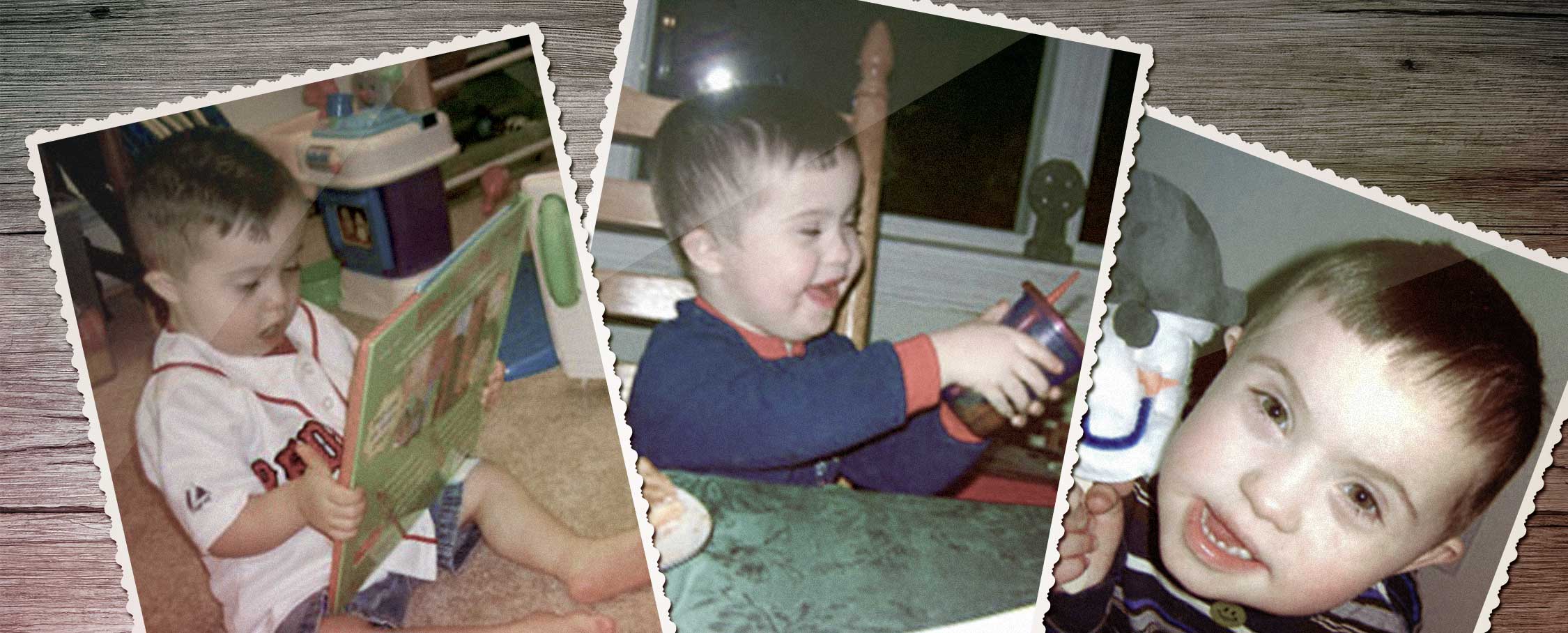Zachary is a four-year-old boy who was born with Hirschsprung’s disease, a serious illness that affects the large intestine.
Normally, muscles in the intestine push stool along so that it can be evacuated. Special nerve cells in the intestine stimulate the muscles to push. Children with Hirschsprung’s disease do not have these nerve cells in the last part of the large intestine, which leads to backing up of stool and severe intestinal obstruction. Most children are diagnosed as newborns after they fail to pass stool during the first couple days of life. Zachary was diagnosed later in life after struggling with severe constipation, abdominal bloating and difficulty gaining weight. The treatment for these children is surgery to remove the part of the intestine that has no nerves. But even after surgery, many of the children continue to have major problems with intestinal function. In Zachary’s case, he did well for several months after surgery, but then his abdomen became distended. He stopped having normal bowel movements, his appetite and energy level decreased and he began to lose weight. Zachary’s parents brought him to the Pediatric Intestinal Rehabilitation Program at MassGeneral Hospital for Children. Thanks to the expert care of a team of physicians, surgeons and nurses, Zachary is back to being a regular kid again.
Zachary is not alone. Hirschsprung’s disease affects 1 in 5,000 children worldwide. The only known treatment is surgery.
But even after surgery, up to 50 percent of these children develop severe intestinal infections, constipation or incontinence, serious problems that are very challenging to manage. In addition to those with Hirschsprung’s disease, there are large numbers of children who have normal nerve cells, but whose large intestine simply does not function. These children suffer from severe constipation that does not respond to medications. Virtually nothing is known about what causes this and treatment options are limited.
There is hope for these children.
The clinical research program at MassGeneral Hospital for Children aims to improve the diagnosis, evaluation and treatment of these challenging patients. Applying a thorough understanding of intestinal function and a systematic workup, we are gaining insights into the optimal methods for assessing and treating these conditions. We are also tackling these intestinal diseases using scientific research aimed at understanding how the intestine develops, what controls the development of nerve cells in the intestine and what goes wrong in children whose intestine fails to function normally.
The Pediatric Intestinal Rehabilitation Program at MassGeneral Hospital for Children needs your support so that we can expand our research program to determine the causes of functional intestinal diseases in children. Your support will also help us to continue our efforts to identify the optimal medical and surgical treatments for children affected with these serious conditions. Together, we can impact the lives of children throughout the world.


